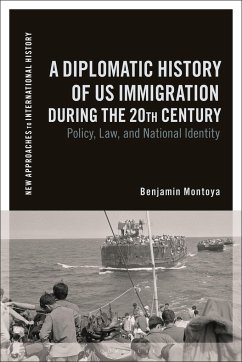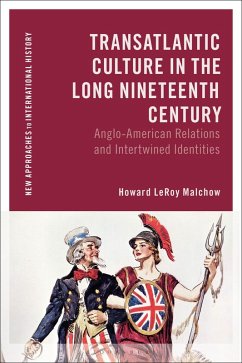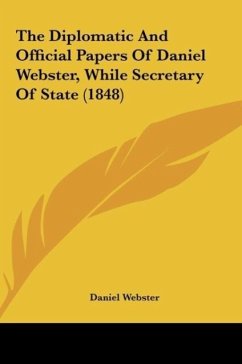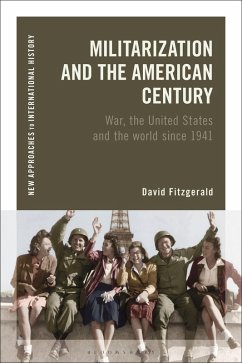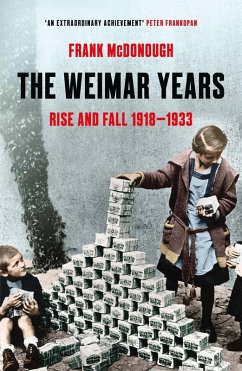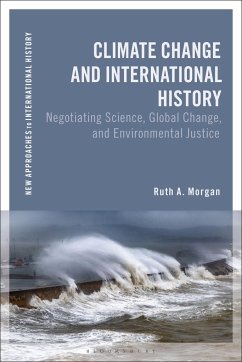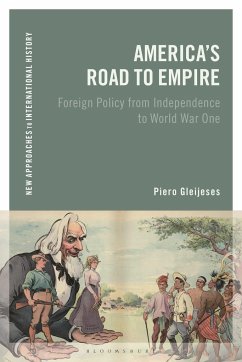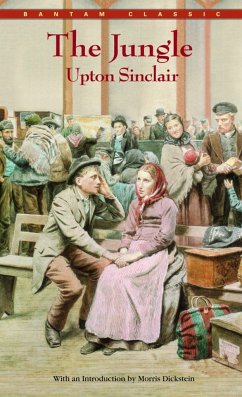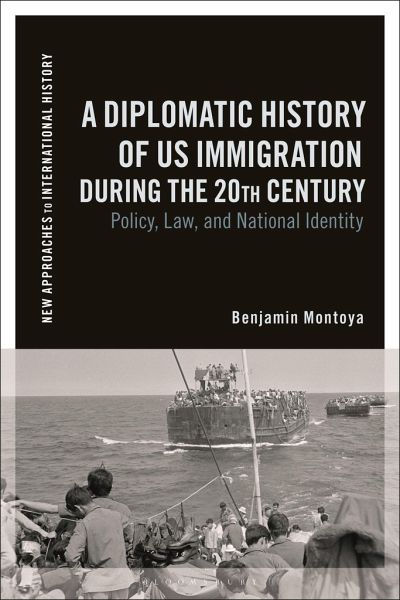
A Diplomatic History of Us Immigration During the 20th Century
Policy, Law, and National Identity
Herausgeber: Zeiler, Thomas
Versandkostenfrei!
Versandfertig in über 4 Wochen
30,99 €
inkl. MwSt.
Weitere Ausgaben:

PAYBACK Punkte
15 °P sammeln!
This timely book explores immigration into the United States and the effect it has had on national identity, domestic politics and foreign relations from the 1920s to 2006. Comparing the immigration experiences of Chinese, Japanese, Mexicans, Cubans, Central Americans and Vietnamese, this book highlights how the US viewed each group throughout the American century, the various factors that have shaped US immigration, and the ways in which these debates influenced relations with the wider world. Using a comparative approach, Montoya offers an insight into the themes that have surrounded immigra...
This timely book explores immigration into the United States and the effect it has had on national identity, domestic politics and foreign relations from the 1920s to 2006. Comparing the immigration experiences of Chinese, Japanese, Mexicans, Cubans, Central Americans and Vietnamese, this book highlights how the US viewed each group throughout the American century, the various factors that have shaped US immigration, and the ways in which these debates influenced relations with the wider world. Using a comparative approach, Montoya offers an insight into the themes that have surrounded immigration, its role in forming a national identity and the ways in which changing historical contexts have shaped and re-shaped conversations about immigrants in the United States. This account helps us better understand the implications and importance of immigration throughout the American century, and informs present-day debates surrounding the issue.




